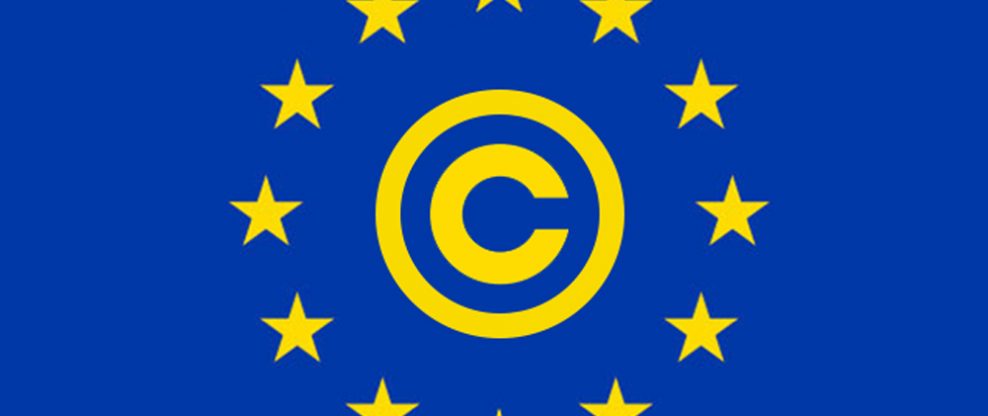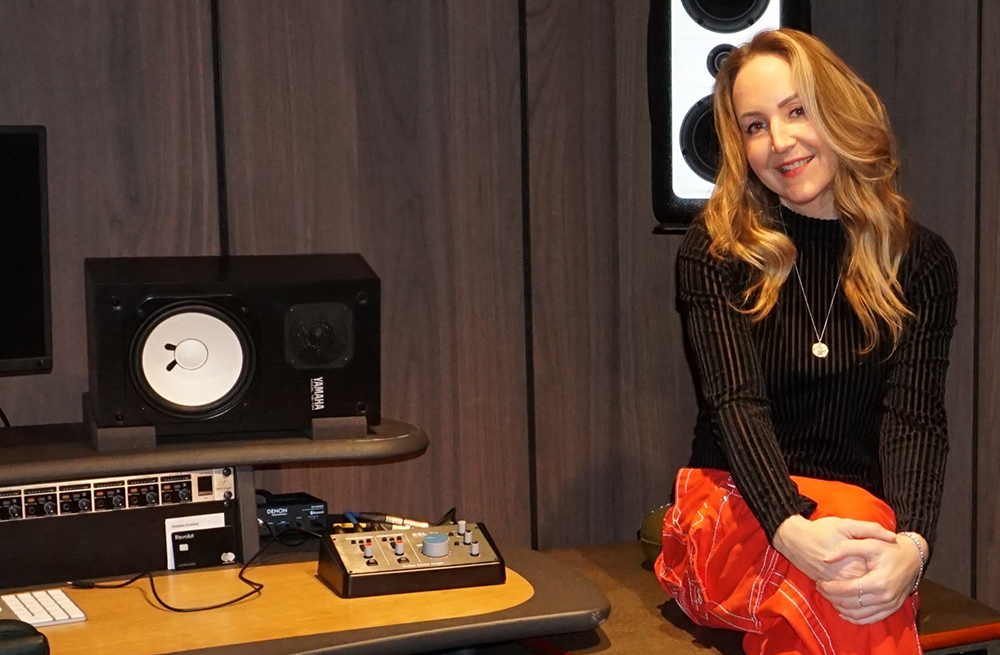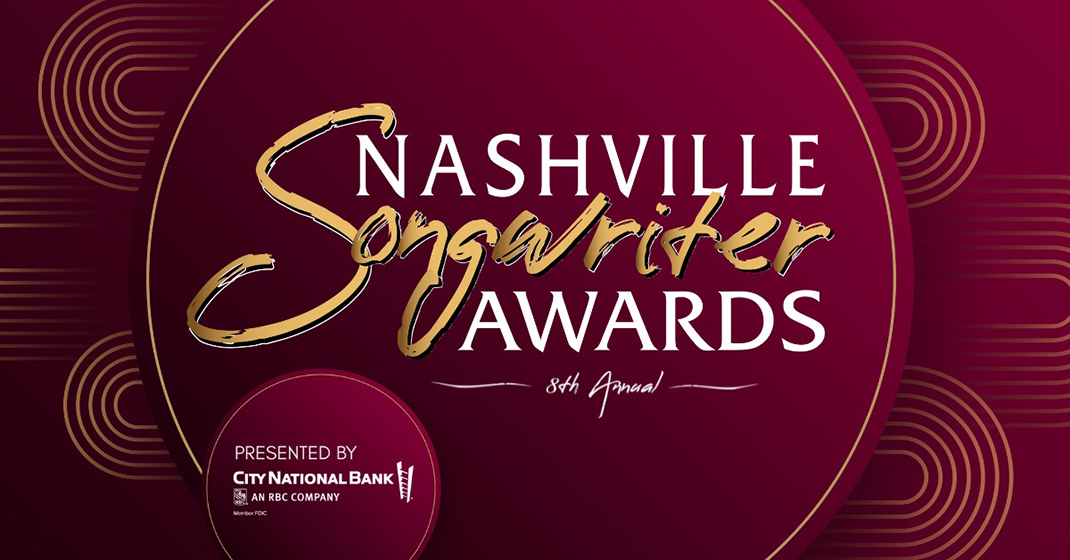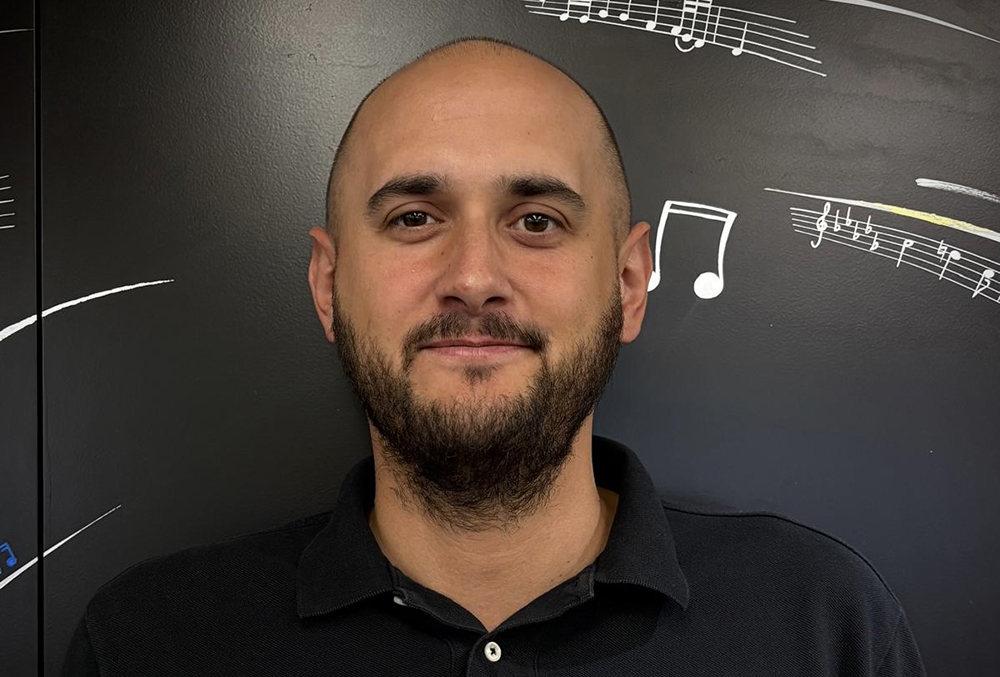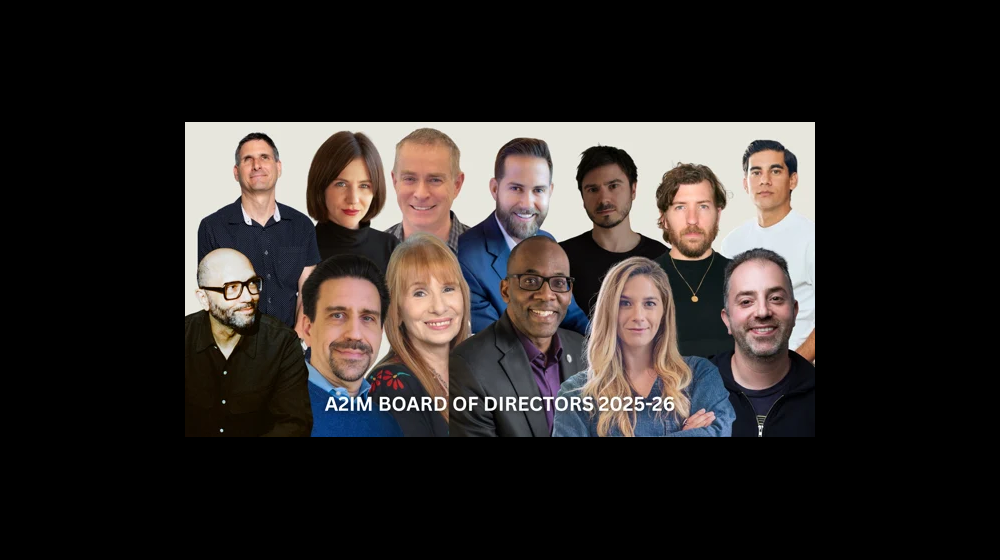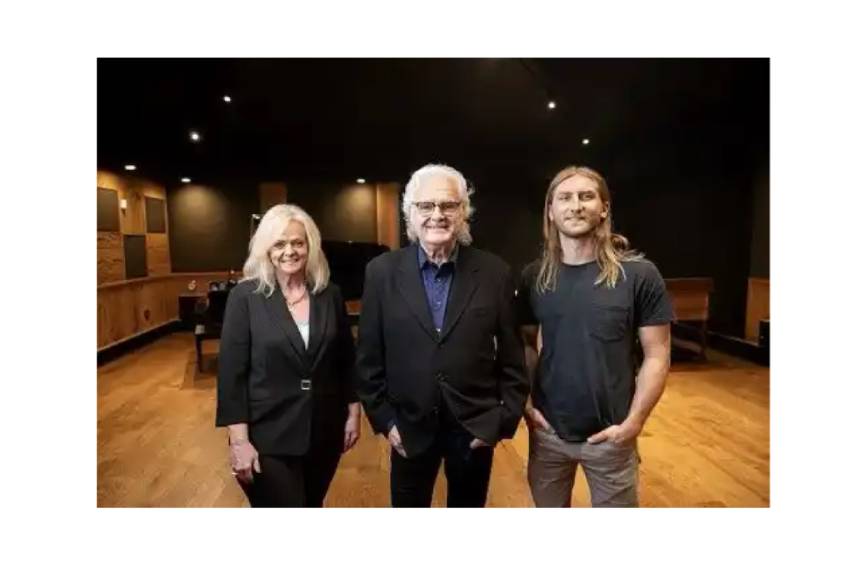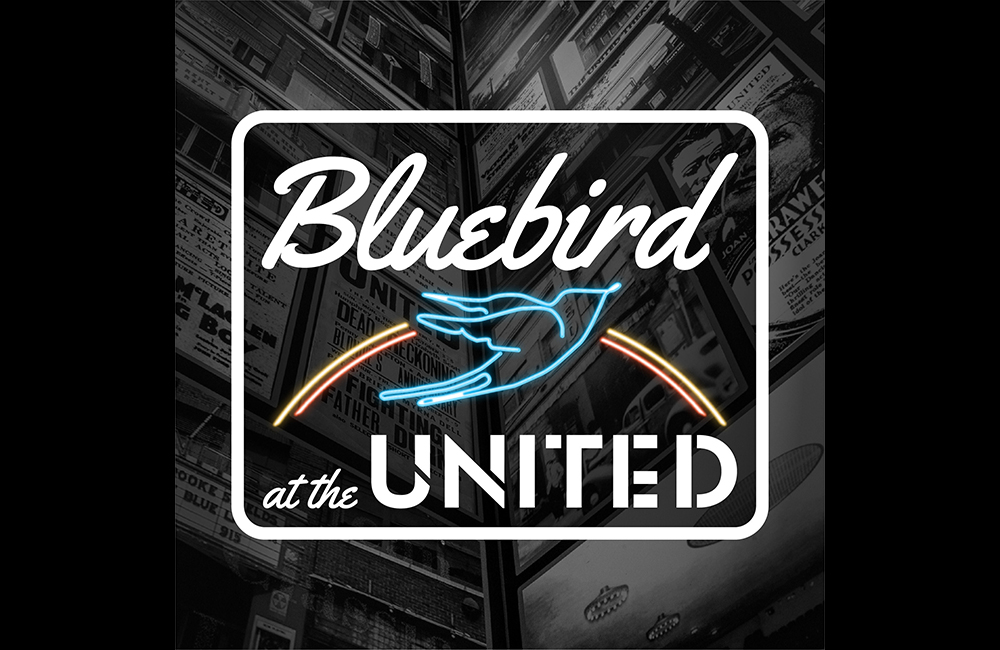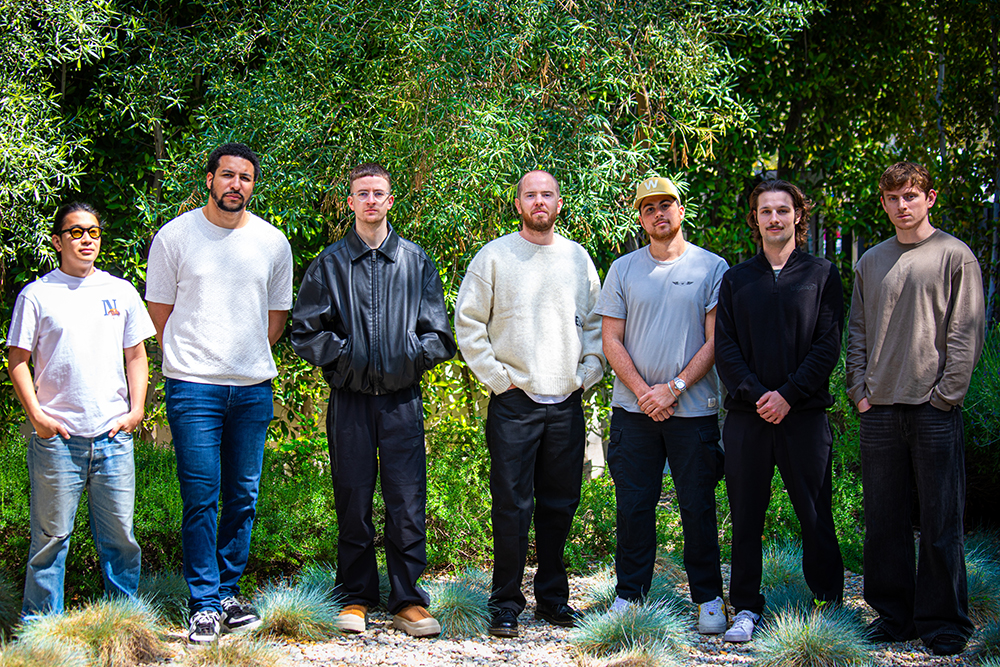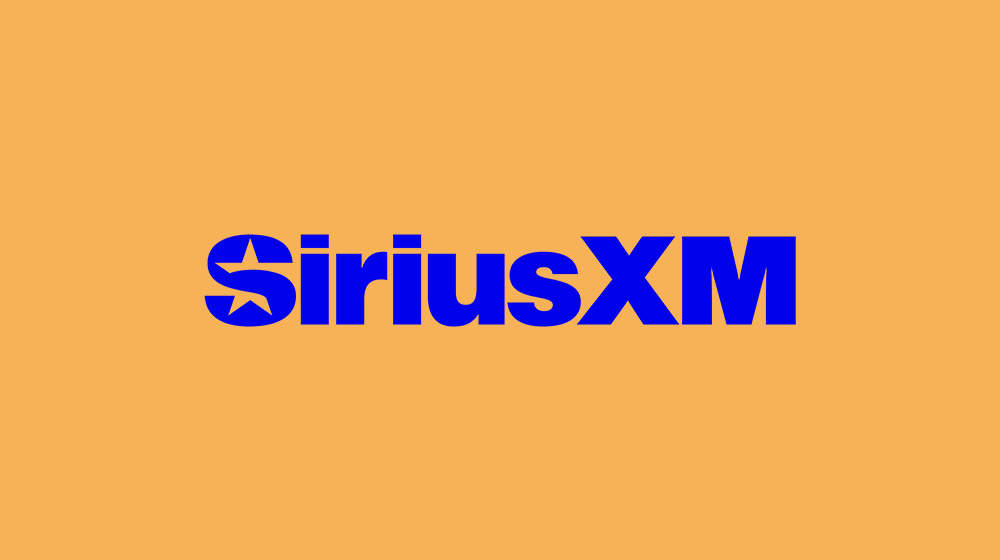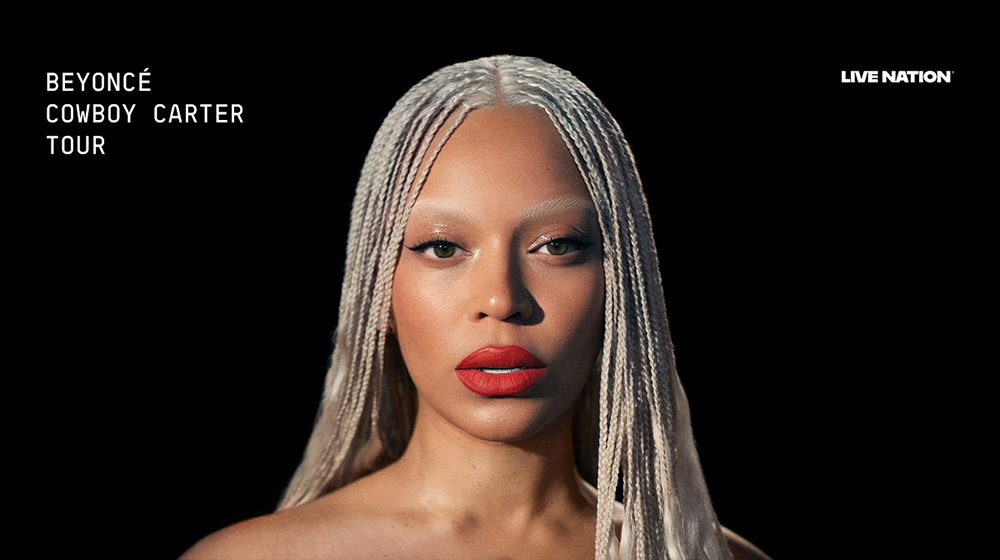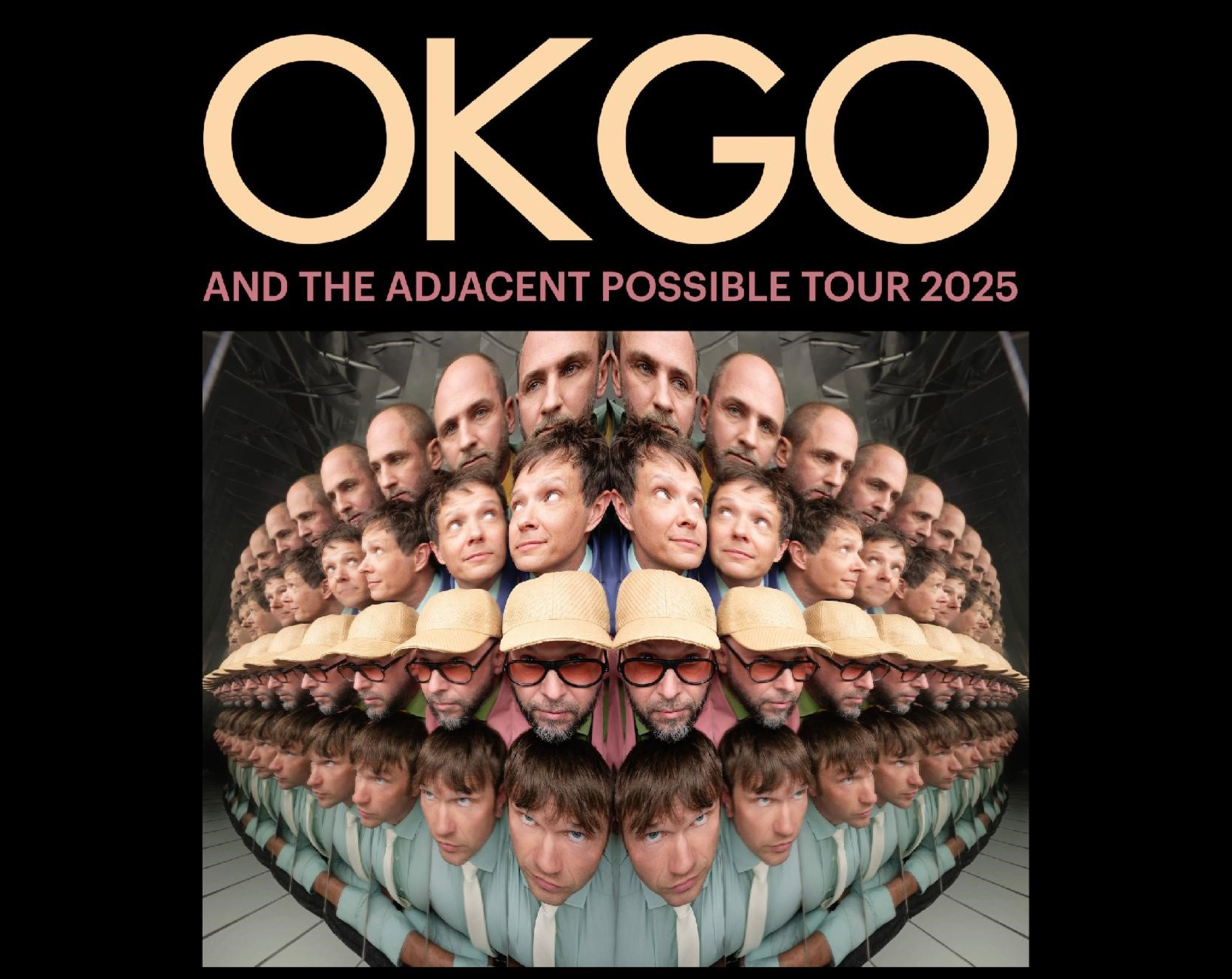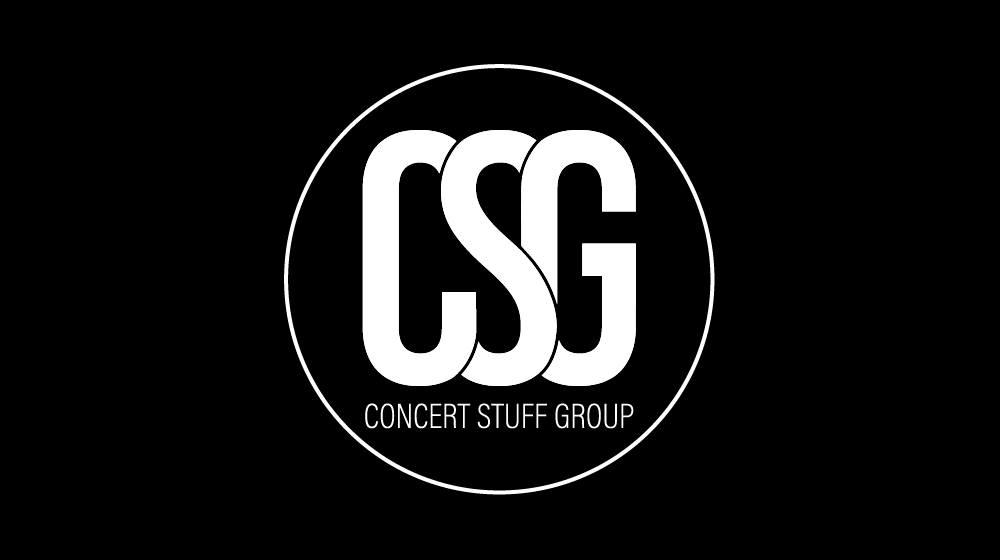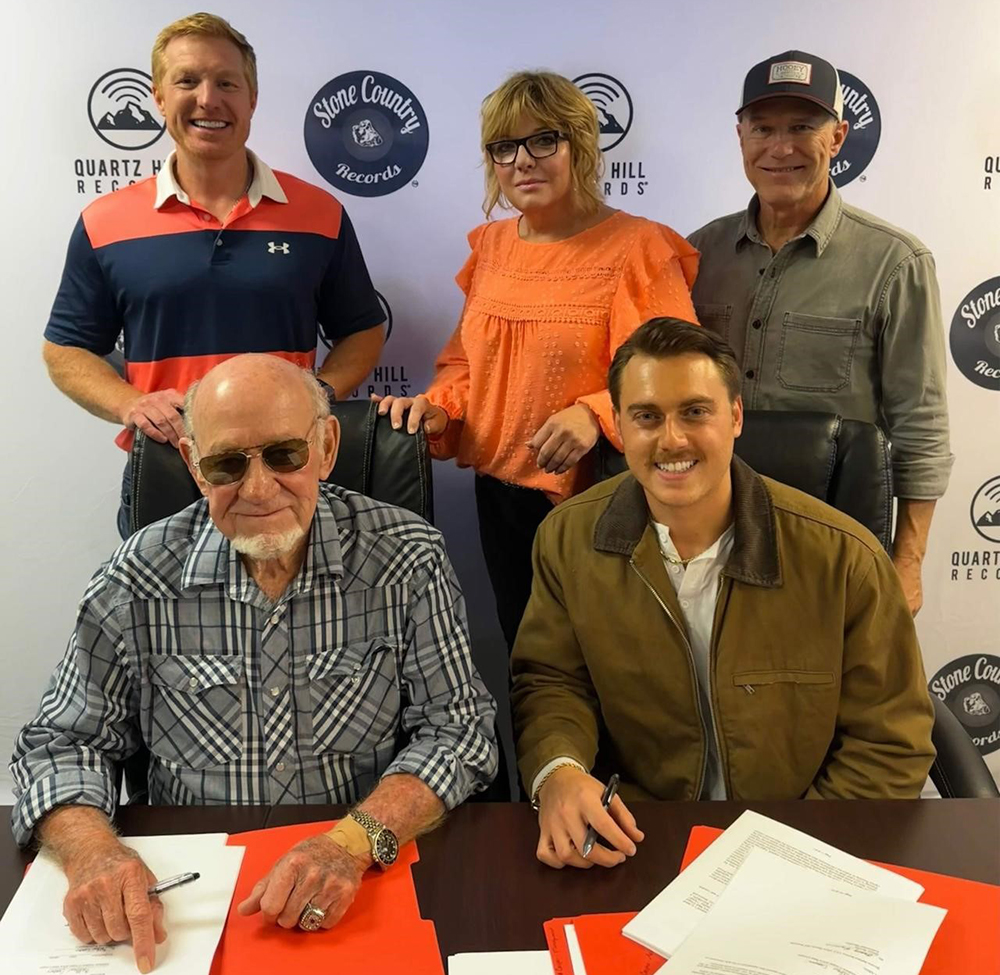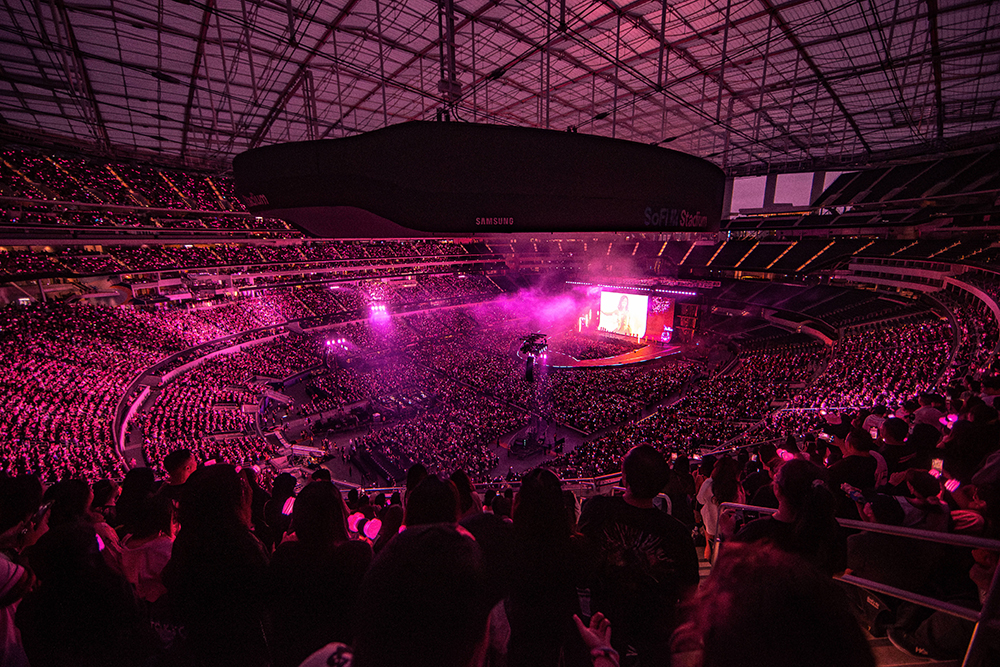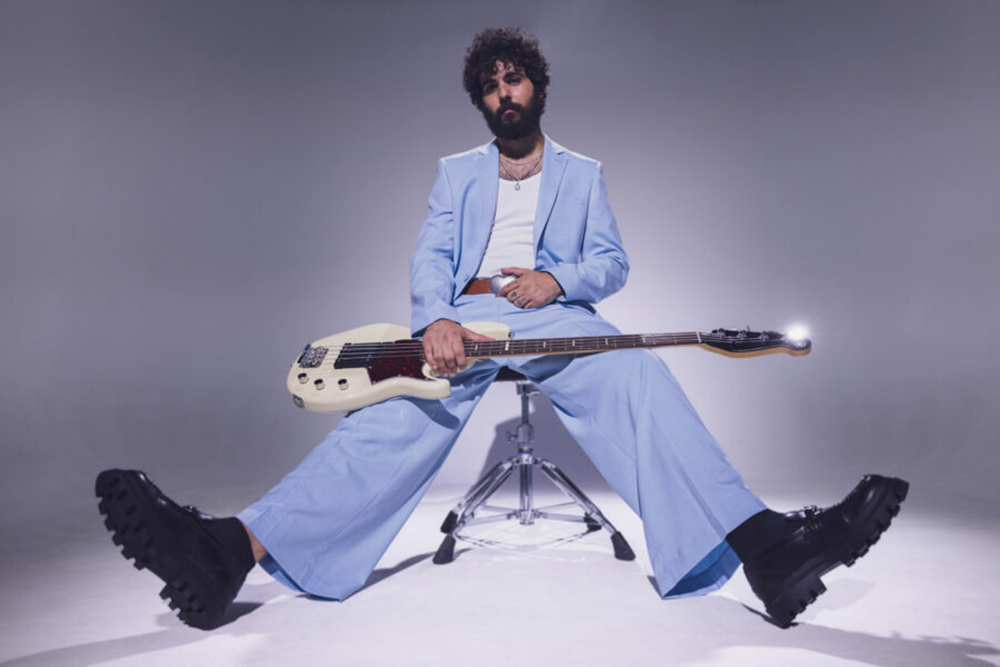(Hypebot) — Following the recent passage of the new EU Copyright Directive, Mike Masnick here cites evidence from former MEP Julia Reda as to why the legislation could be bad news for those across the pond, particularly those who value an open internet.
_______________________________________
Guest post by Mike Masnick of Techdirt
Former MEP Julia Reda, who lead the fight to block the problematic parts of the EU Copyright Directive (and who came very close to succeeding against huge odds, but eventually lost) has published a really important piece for the Berkman Klein Center at Harvard about why the new Copyright Directive should terrify every American who recognizes the importance of an open internet. First off, these laws mostly target American companies — many of which may just choose to follow the new EU rules globally.
Not only are European policy-makers keener than their US counterparts to regulate the mostly American tech companies that have gained significant market power over the last two decades. For better or for worse, the European Union has increasingly become capable of setting global regulatory standards, through the inclusion of its internet legislation in trade agreements, or by making compliance with these rules a precondition for accessing the vast EU market of over 500 million consumers.
That also means that the legacy entertainment and publishing industries who pushed so hard for the Copyright Directive in the past, are already looking at using the EU Copyright Directive as a wedge to get this put into the law elsewhere.
There is a tried-and-tested tradition of Hollywood companies lobbying for stricter copyright in Europe, just to turn around to US policy-makers to demand the same extensions be enacted in domestic law, in order to “stay competitive”. This strategy was successful in the case of the Sonny Bono Copyright Act of 1998, which extended copyright terms to 70 years after the death of the author, following a similar term extension in Europe in 1993. The purpose of the term extension, according to the Senate report, was to “provide significant trade benefits by substantially harmonizing U.S. copyright law to that of the European Union”. Of course, the EU would have been unlikely to extend its copyright terms to begin with, had it not been for the lobbying by American entertainment companies. It should therefore not come as a surprise that the US Copyright Office has repeatedly referred to the work on the new EU copyright directive as a reason for considering the overhaul of the US framework for copyright liability of online platforms, enshrined on section 512 of the Digital Millennium Copyright Act.
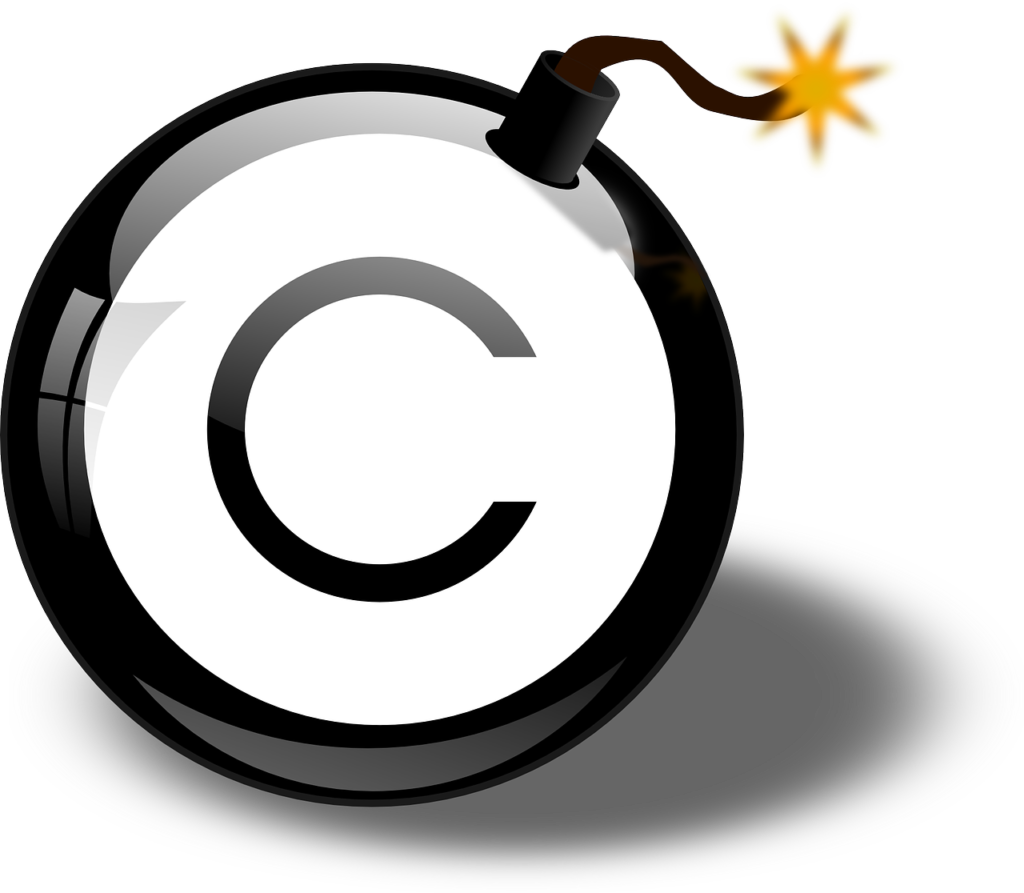
She then goes on to explain how Article 17 (what had been Article 13) will change the way internet platforms operate — in a manner that will make it much more difficult for new startups platforms to be created, and where platforms will be forced to make it more difficult for anyone to post their own content. The whole thing will be an absolute mess, with significant litigation early on.
It’s impossible for platform operators to predict which copyrighted works by which rightsholders will be uploaded to their platform. Since copyright arises at the moment that a work is created, nowadays every person with a smartphone is a copyright holder, and most people frequently upload their works to the web (mostly in the form of pictures). It is therefore absolutely impossible for platforms to contact all rightsholders in the world and ask them for a license, on the off chance that one of their works might be uploaded to the platform at some point in the future. The directive is also silent on whether platforms would be forced to accept unfair license conditions at any cost to their own business. The real effects of Article 17 will depend on the interpretation of “best efforts”. What level of diligence in blocking content, identifying rightsholders and negotiating license agreements can be expected of platforms depends on many factors, including their size, profitability and the types of content they host. Article 17 exposes platform operators to a lot of legal uncertainty and it will take many years for courts to hash out what these rules will mean in practice. The outcome is likely to privilege large, commercial rightsholders like the entertainment industry giants over independent artists.
The full article is worth reading — highlighting how poorly filters actually work, and how the last-minute attempts by EU lawmakers to “protect’ user’s rights has only resulted in contradictory requirements, which the first country (France) to try to implement a law based on the directive has “solved” by just ignoring the user rights parts.
And get ready, because next year you can bet that entertainment industry lobbyists are going to try to bring that law into the US as well. They’re going to try to do it before it becomes evident just what a complete and utter mess it created in the EU.

